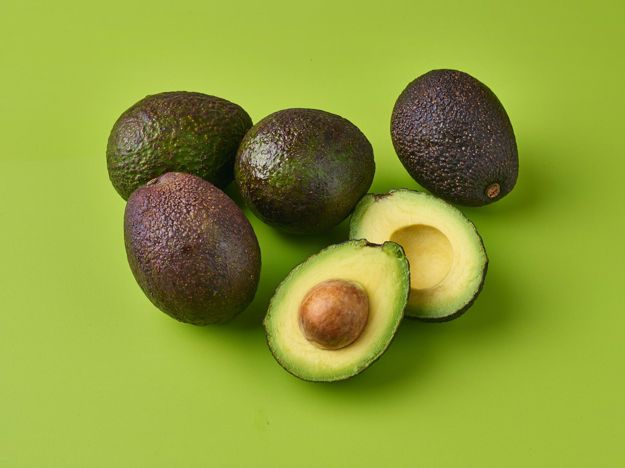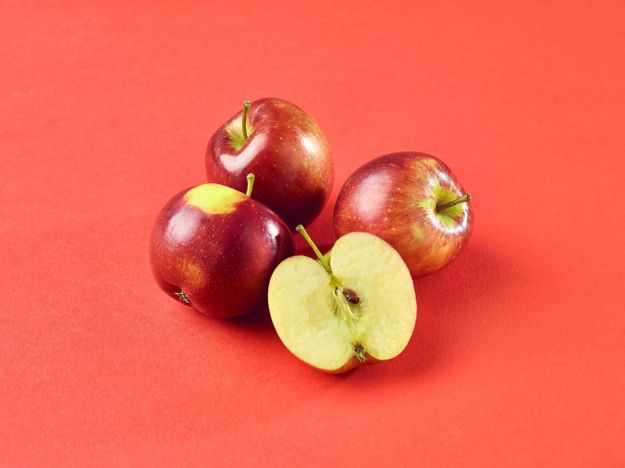Our Range
Our Suppliers
Business Support
About us
Our Range
Main Menu
Our Suppliers
Main Menu
Business Support
Main Menu
Work With Us
Wednesday 25th February - Wednesday 4th March
Get the insights you need to plan more effectively and manage your menus with our latest report from the field, brought to you by our expert produce team.
Shipping

Global shipping continues to present a high risk for fresh produce. Severe weather is causing significant delays and congestion at major ports, extending journey times across key international routes.
As delays build, vessels become increasingly displaced from scheduled rotations, placing further strain on future arrivals. To recover lost time, several ships carrying produce for the UK have skipped British ports entirely and discharged in mainland Europe instead.
As a result, produce often faces additional delays while being transported back to the UK. Even after they dock in Europe, customs processing, limited transport availability, and ongoing port congestion can add at least another week to already late shipments.
In the past few weeks, the number of delayed vessels has risen—which a particular challenge during winter when poor weather can cause short notice disruption.
Berries

Severe weather across Spain and Morocco continues to drive market wide shortages in the berries category. Industry reports have highlighted widespread empty shelves in retail, resulting from storms, flooding and crop damage across southern Europe and North Africa.
In Morocco, extreme weather has displaced an estimated 140,000 people, many of whom are agricultural workers, making an already challenging season even more difficult. In Spain, exports are reported to be down by around 50% as storms disrupt a season that should now be in full production.
Strawberries – concessions have been extended as we try to maximise available supply.
Raspberries—sourced solely from Morocco at this time of year—remain extremely limited. Quality issues are widespread, with fragile fruit often damaged or rejected.
Blackberry supply is tight, although South African volumes are helping to relieve some pressure.
Blueberries face a double impact: Moroccan shortages and delays to containers from South America, which is causing significant market disruption and availablity concerns.
Limes

Consecutive delays to shipments from Brazil—Europe’s main lime supplier at this time of year—are causing widespread shortages across both the UK and the continent.
While European markets are receiving some stock from vessels skipping UK ports and catching up time in Rotterdam, the UK is missing out entirely, with produce needing to be transhipped back. Multiple vessels have been affected, and shortages are expected to continue for at least the next two weeks.
As this is a global issue, alternatives are limited. Our procurement teams are working closely with suppliers to minimise delays and prioritise UK deliveries as soon as shipments land. Once the delayed vessels arrive, supply should stabilise, although quality will be checked carefully as some containers are up to a month late.
Lettuce

There has been some improvement with better weather supporting crop growth and helping growers load produce. However, the market remains challenging and there could be some further issues in March, as planting schedules were disrupted by the storms.
Lemons

At the start of the Spanish season, we anticipated late season tightening due to low yields. Recent heavy rainfall has reduced availability of smaller lemons even more, and this pressure is expected to continue into March.
To protect supply, we will switch to southern hemisphere lemons in early April—around a month earlier than usual. Smaller sizes will remain tight until the main southern hemisphere season is fully active.
Brassicas

Sweetheart cabbage volumes from Spain have improved following earlier weather related challenges.
Broccoli is showing some reduced quality due to recent weather conditions. We are working closely with suppliers to minimise any impact on customers.
Savoy cabbage suffered frost damage earlier in the season, requiring heavier leaf trimming and resulting in lower finished weights. Weight concessions remain in place.
Butternut Squash

South African supply has now begun to arrive, and we expect availability and quality to return to normal shortly.
Tomatoes

Quality has begun to improve, supported by rising temperatures in Morocco. Supply from mainland Spain and the Canary Islands continues, with quality also showing positive signs.
Peppers

Peppers continue to face significant challenges. Low temperatures are restricting production, and yellow and orange peppers remain extremely limited, with concessions in place.
Red and green peppers are available but continue to show humidity related quality defects.

Avocados
Supply of avocados is challenging and may affect availability in the coming weeks. Industrial action at Israeli ports has slowed outbound shipments, while weather issues in Spain and Morocco have affected both crop development and transportation. This combination is creating a particularly difficult period for the category, and we are maintaining a close watching brief in case of problems.
Avocados

Supply of avocados is challenging and may affect availability in the coming weeks. Industrial action at Israeli ports has slowed outbound shipments, while weather issues in Spain and Morocco have affected both crop development and transportation. This combination is creating a particularly difficult period for the category, and we are maintaining a close watching brief in case of problems.

British Apples
We are coming towards the end of our seasonal British apples line. Stock is expected to last for another couple of weeks, before the season finishes.
British Apples

We are coming towards the end of our seasonal British apples line. Stock is expected to last for another couple of weeks, before the season finishes.